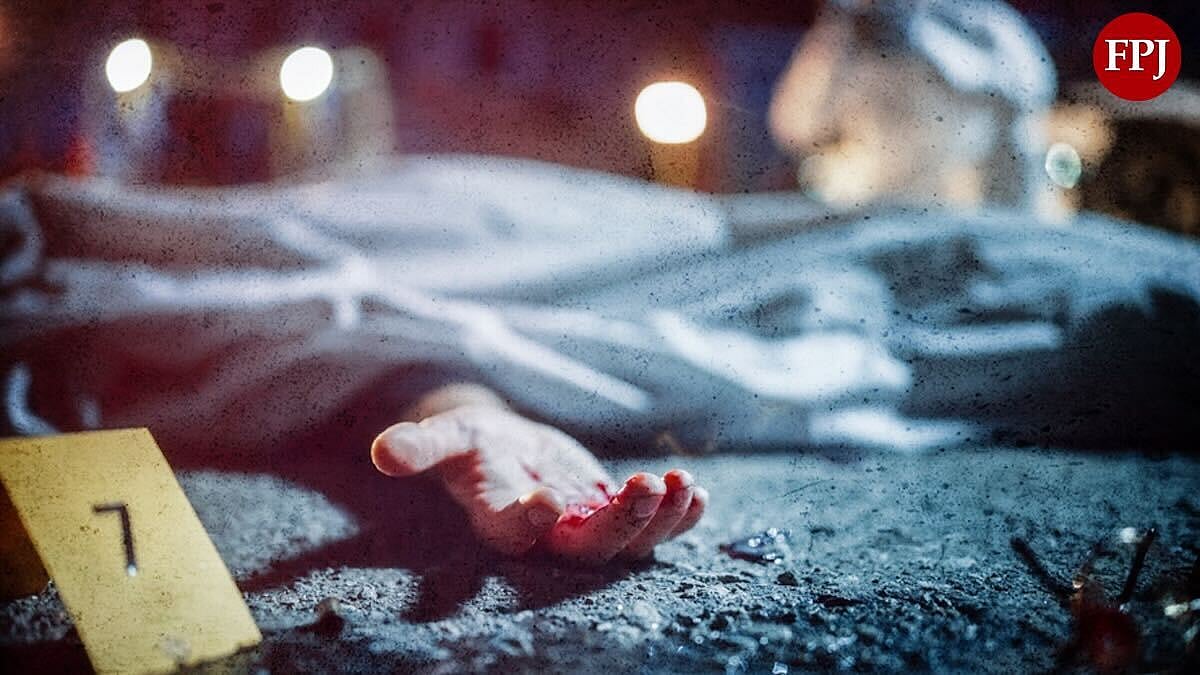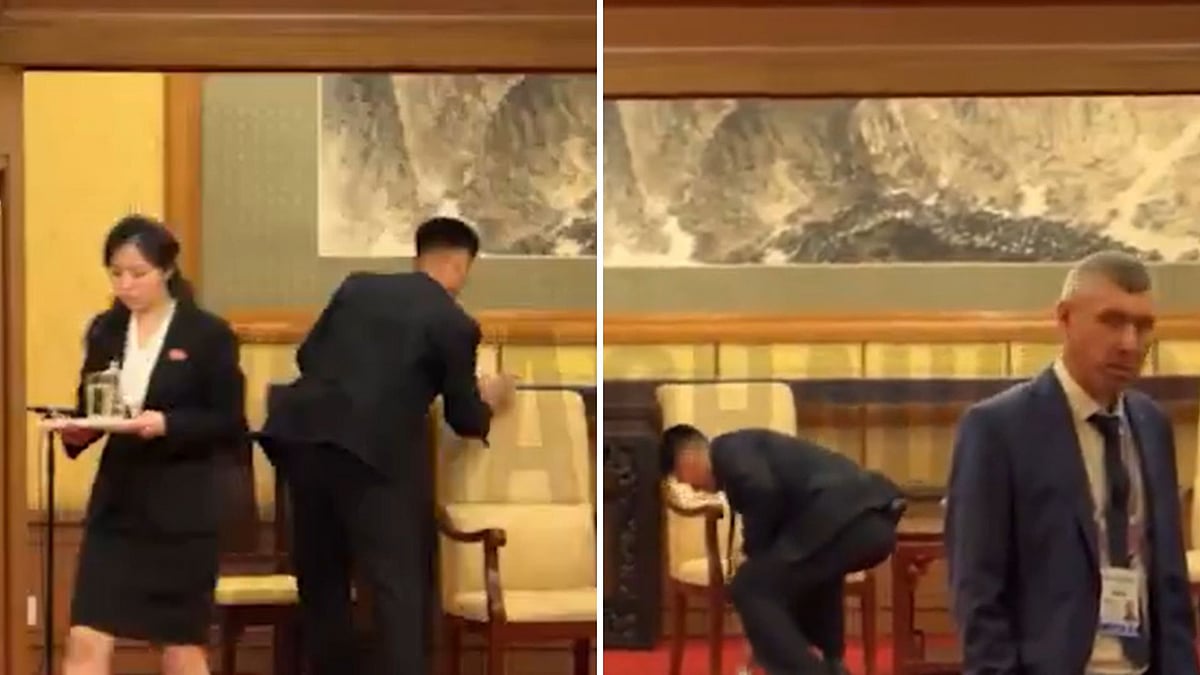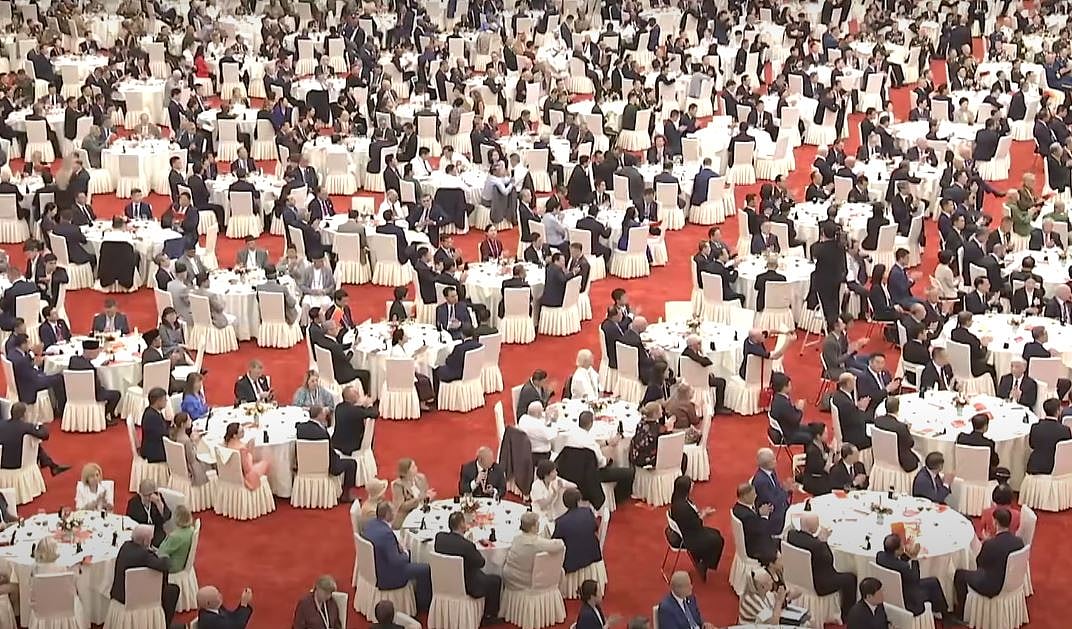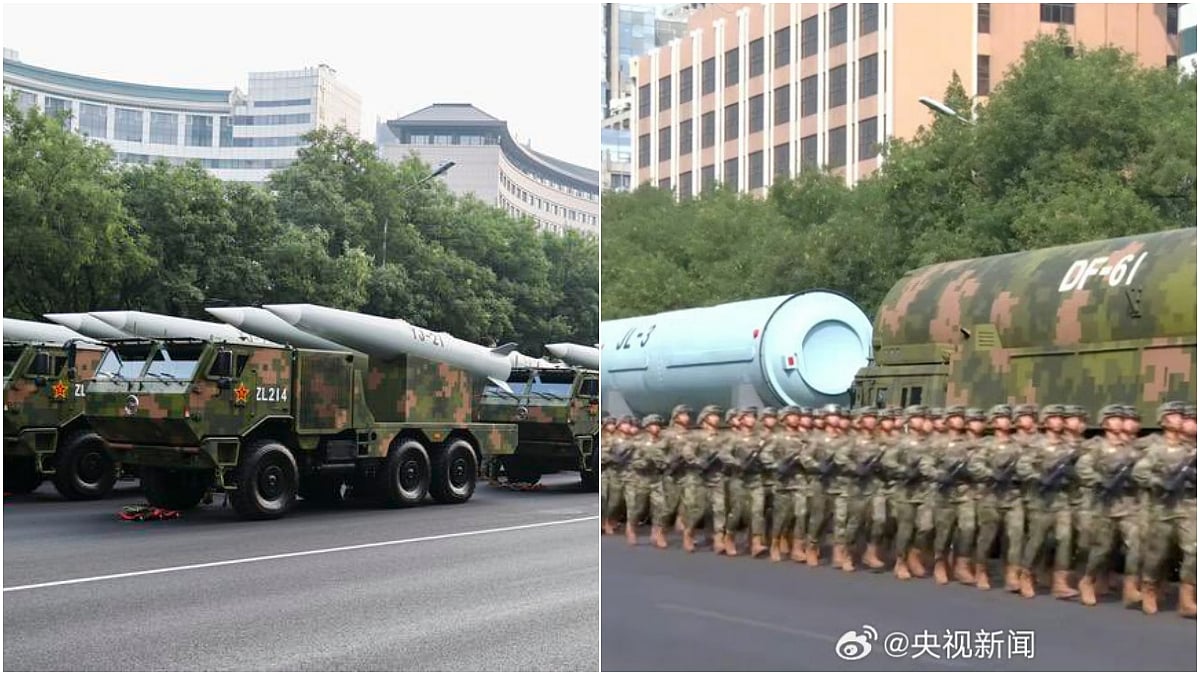Canadian Prime Minister Justin Trudeau has accused the Indian government of being involved in the killing of a Canadian citizen, Hardeep Singh Nijjar. In response to this incident, the Canadian government has expelled Indian Diplomat Pavan Kumar Rai.
Hardeep Singh Nijjar, the Canadian citizen in question, was fatally shot in June of this year. Nijjar had been an outspoken supporter of the separatist ideology of Khalistan, which advocates for the secession of the state of Punjab from India.
This, however, is not the first time when a controversy has erupted over an alleged murder on the Canadian land.
Karima Baloch death
Karima Baloch, a Baloch activist living in exile in Toronto, Canada, disappeared on December 20, 2020. Baloch was found dead the next day near Lake Ontario, Toronto's downtown waterfront, under suspicious circumstances.
Baloch departed for her customary stroll on Toronto's Centre Island, just as she had done on numerous occasions. However, she did not return as expected. Subsequently, the Toronto police issued a plea for information via Twitter, and her lifeless body was subsequently discovered on the island.

Who was Karima Baloch?
Baloch was recognised as a human rights advocate and held the position of chairperson at the Baloch Students Organisation Azad. In Pakistan, she was a vocal critic of the militarization of Balochistan, as well as the pervasive issue of enforced disappearances and extrajudicial killings of Baloch individuals.
As the inaugural leader of the Baloch Students Organization (BSO-Azad), a student political organization, she tirelessly championed the rights of individuals in a region marked by a protracted insurgency, while also bringing attention to the persistent problem of enforced disappearances.
Her efforts in the realm of human rights earned her a place on the BBC's list of the 100 most inspiring and influential women in 2016.
Activists, family suspected foul-play in Baloch's death
Canadian-based dissident Pakistani organizations labeled the passing of Karima Baloch as a homicide and called for an inquiry into the purported killing of the human rights advocate. Their collective statement hinted at the potential involvement of Pakistani authorities in suspicious circumstances.
The combined statement was released by a coalition consisting of the Baloch National Movement, Balochistan National Party-Canada, World Sindhi Congress-Canada, Pashtun Council Canada, and PTM Committee Canada.
“Canadian Civil Society condemns the murder of Karima Baloch and demands further thorough Investigation into her murder,” the statement said.
Baloch's husband Hammal Haider, also a Pakistani activist living in exile, said a foul-play could not be ruled out.
“I can’t believe that it’s an act of suicide. She was a strong lady and she left home in a good mood,” Haider said. “We can’t rule out foul play as she has been under threats. She left Pakistan as her home was raided more than twice. Her uncle was killed. She was threatened to leave activism and political activities but she did not and fled to Canada," Haider was quoted as saying by The Guardian.
How did Canada act on these allegations?
Contrary to Justin Trudeau raising the issue of Nijjar's death in the country's parliament, Baloch's death was brushed under the carpet. Even as uproar grew over an alleged foul-play, the Canadian police ruled the death of Baloch as “non-criminal”.
“The circumstances have been investigated and officers have determined this to be a non-criminal death and no foul play is suspected,” said Toronto’s police department in a short statement.
Since then, there has been no further elaboration provided by the Canadian authorities regarding the circumstances of Baloch's death.
The family and comrades of Baloch still maintain that she was a victim of foul-play and it was the Pakistani state apparatus that executed the killing. This become more evident after a report published by The Wire quoted Baloch's sister Mahganj Baloch saying her family was harassed and threatened by security agencies.
“We arrived at Karachi airport at 3 am and were mocked by the forces as we received my sister’s body,” Mahganj told The Wire. “Two officers even high-fived each other and said: ‘Now, they have seen our power’. Then, when we buried her in our hometown, Tump, in Balochistan, they warned us that if we did not follow their instructions, they would bury her themselves and we wouldn’t be able to find her grave.”











